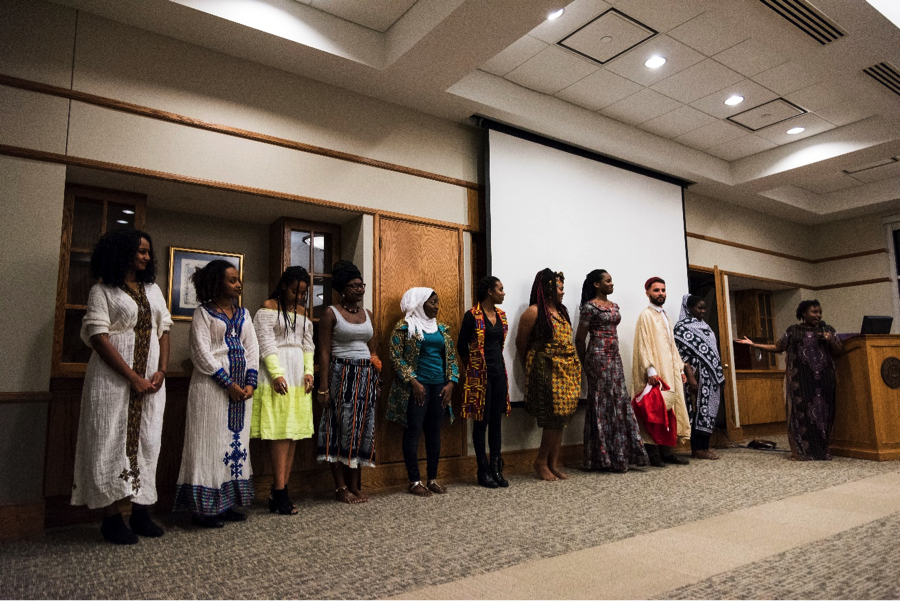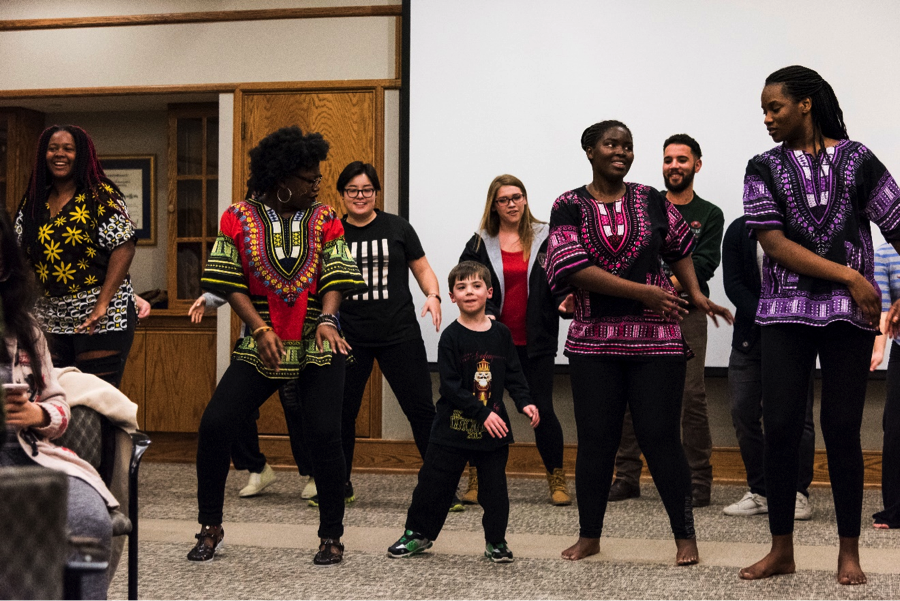Saturday Nov. 12th marked my most memorable day of the semester at Juniata. The Ubuntu African club held a cultural event that featured a fashion show demonstrating traditional attires, music and dance from various regions of Africa. I was very proud to have been part of this event called “I Am African, but I don’t Speak African,” because we wanted to educate the public about Africa’s ethnic diversity.

The planning of this event started a month ago when my fellow club members met at the Unity House to discuss our ideas for the semester. Although the Ubuntu club was known for dancing at various events, including the multicultural fest and the dance ensemble fall recital, we wanted a platform of our own. As such, we chose a date, booked the venue, created posters and reached out to professors and peers to spread the word. In addition to dancing, we had other members show their hidden talents through poetry, modeling and singing. I was mostly involved with reserving the venue and choreographing dances to popular Afro beats songs like “Bank Alert” by P-Square, “Tiguidi” by Tour de Guarde, and “Shake Body” by Skales. My favorite moment of the event when a kid named Jillian bravely came to dance with us. He was amazing, full of energy and quickly picked up our dance moves.

The event would not have been successful without our combined efforts, which is what the name of club reflects. Ubuntu is a Swahili word, meaning “togetherness”. We had Stephanie as the master of ceremonies, and she made sure that the show ran smoothly! Other club members helped make the event successful, including the club’s president, Hephzibah, from Nigeria, the club’s event coordinator, Joycelyn from Kenya, Sayida, from Niger, Taha from Tunisia, Melat, Kisest and Ruhama Ethiopia, Zoe, from New York, and Theresa from Maryland. In total, five African countries were represented that night: Côte d’Ivoire, Niger, Tunisia, Kenya, Ethiopia and Nigeria; and seven ethnic languages: Swahili, Gouro, Baoule, Haoussa, Tunisian Arabic, Amharic and Igbo. Our message was clear: Africa is not a country but a continent, and its diversity goes deeper than country borders drawn on the map. These borders do not necessarily represent or isolate the different ethnic groups, which number in the thousands.
Our event had a great turnout, and I was very happy to see our peers and professors celebrating our cultures. This was very important to us because it encouraged us to put plans into motion for our bigger event in the spring, where we will have authentic African dishes from various parts of the continent.
Photo Credit: Nahui Twomey
